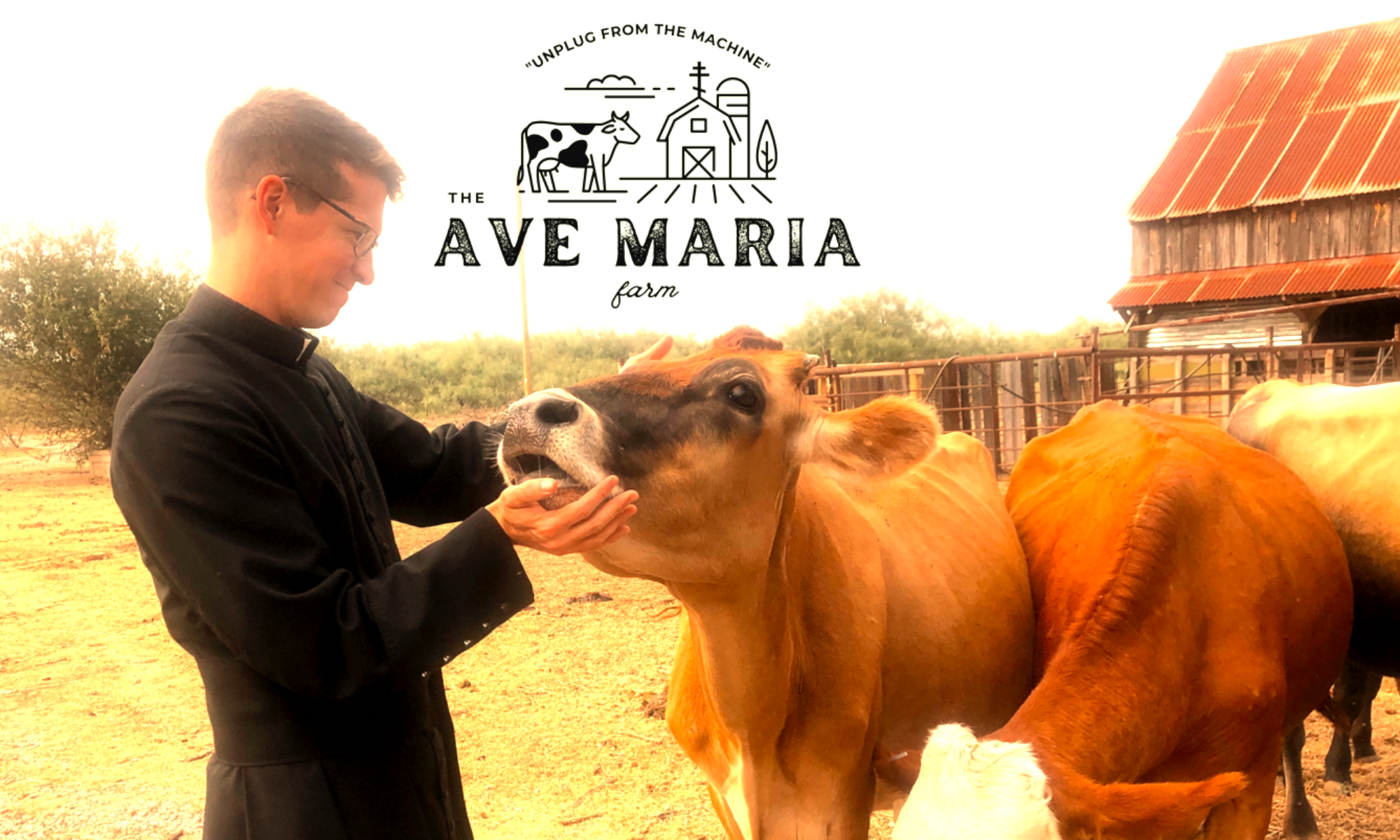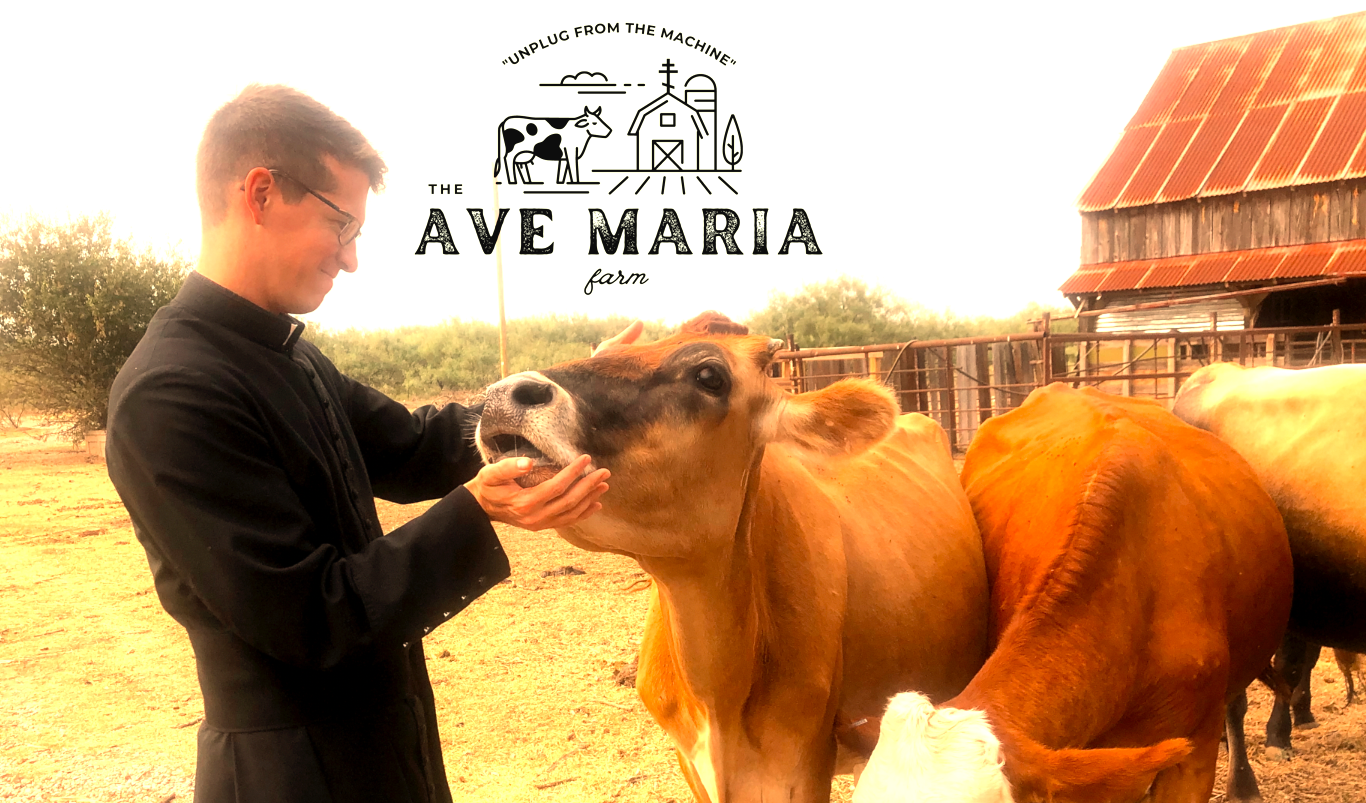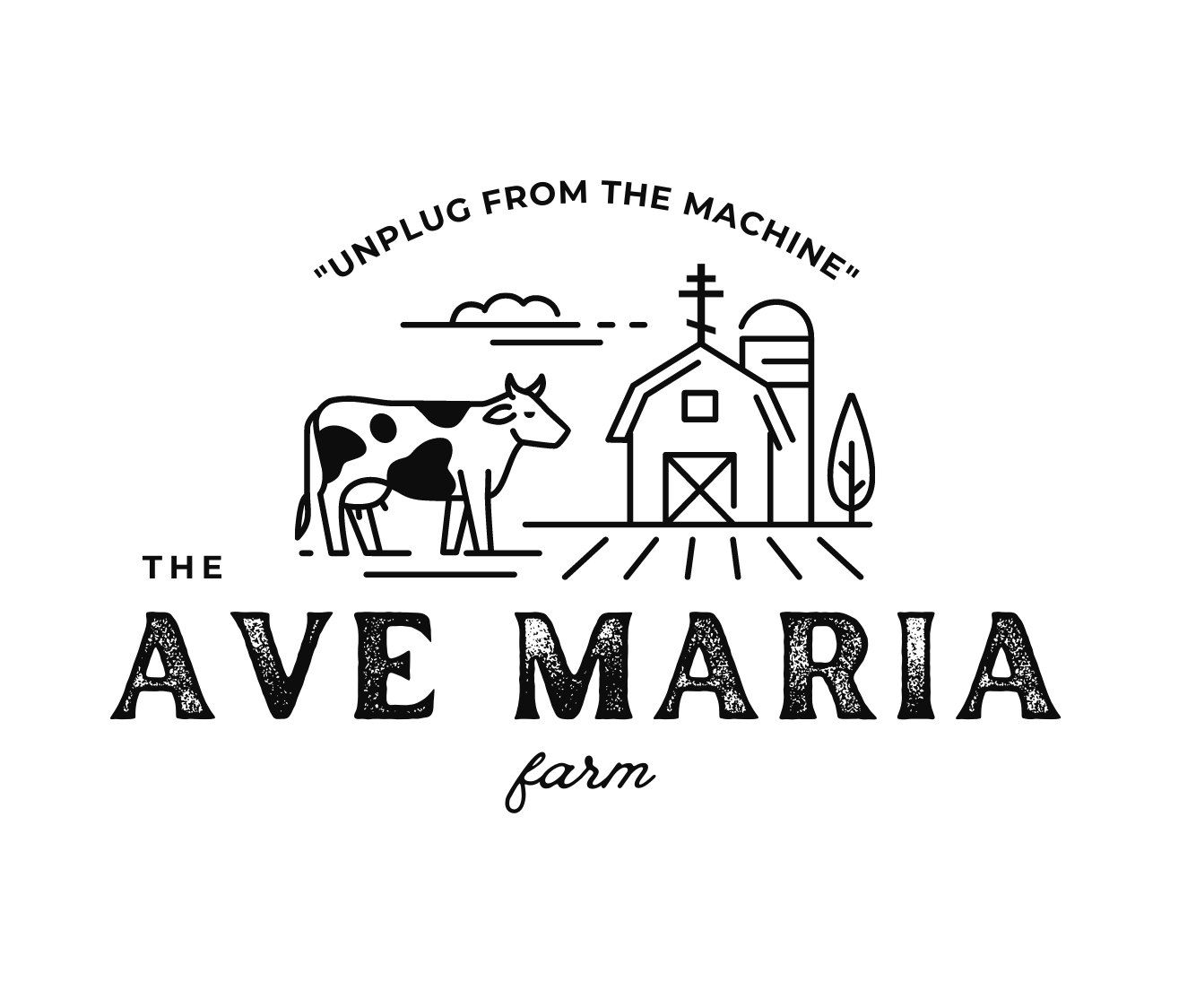Author: Zach Boston
“And God blessed the seventh day, and sanctified it: because that in it he had rested from all his work which God created and made. …[A]nd there was not a man to till the ground. …[T]he Lord God formed man of the dust of the ground, and breathed into his nostrils the breath of life; and man became a living soul. And the Lord God planted a garden eastward in Eden; and there he put the man whom he had formed… and the Lord God took the man, and put him into the garden of Eden to dress it and to keep it. ” (Genesis 2: 3, 5-8, 15)
Labor and leisure.
Our modern world has utterly confused the proper places and even meanings of these concepts. The German Roman Catholic and Thomist philosopher Josef Pieper in his “Leisure As The Basis of Culture” points out that – in the exact reverse of the both the classical pagan and pre-Reformation Christian worlds – our world today places labor above leisure and has reduced leisure to mere amusement and relaxation in order to refresh the laborer to better perform his future labors. In his view, we live in a world of “total work” whereby everything is oriented toward work, and any exercise of our capabilities is conceived of in terms of work.
I’m highly sympathetic to the arguments made in Pieper’s book. Yet, the other day I was reading an interesting analysis of the work of both Pieper and of the Korean-German philosopher Byung-Chul Han – who presented views in his “Burnout Society” similar to those of Pieper – that offered a sympathetic but thoughtful criticism wherein their arguments, despite being roused in defense of a contemplative Christian life, may too greatly disparage labor in favor of leisure and so run against the brunt of the historic Christian tradition, which highly values labor.
This provoked the question as to in what the proper relationship between, and the place of, labor and leisure in the Christian life consist. Below is my own amateur attempt to answer that question.
Continue reading “On Labor and Leisure in the Christian Life”

